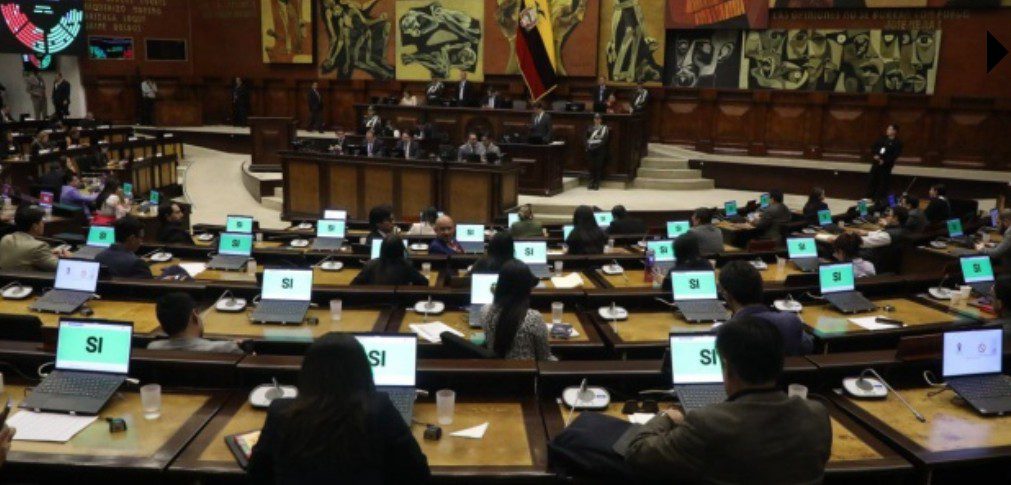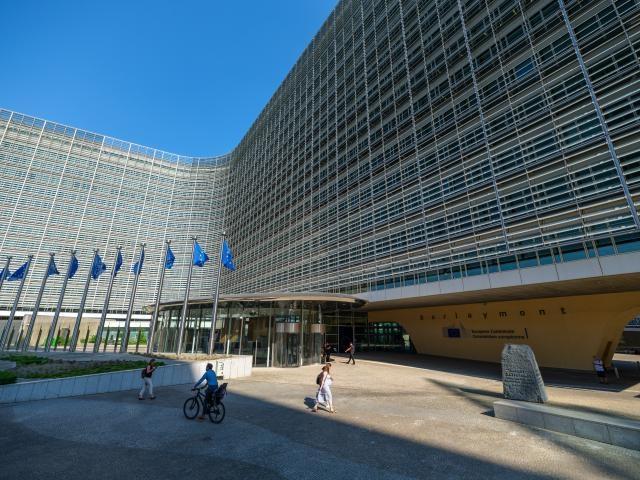The National Assembly of Ecuador during the voting process. Photograph: Press Archive of the National Assembly of Ecuador
Guacamaya, August 28, 2025. With 86 votes in favor, the National Assembly supported President Daniel Noboa’s decision to end the binational agreement that facilitated the regularization of Venezuelan citizens. Although basic rights will be maintained, there will no longer be special processes for migrants.
Ecuador’s National Assembly approved the country’s withdrawal from the Migration Agreement with Venezuela on August 27. This mechanism, in place since 2019, had allowed the special regularization of thousands of Venezuelan citizens. The resolution, which received 86 affirmative votes, was questioned by the Revolución Ciudadana bloc, which chose to abstain, considering the measure counterproductive.
From the opposition, former minister Ricardo Patiño criticized the decision and urged the Executive to prioritize agreements that strengthen the ties between the communities of both countries. However, the legislative majority defended the need for Ecuador to assume a “sovereign and sustainable management” of migration.
This decision occurs in a context of fractured diplomatic relations between Quito and Caracas. Following the Venezuelan presidential elections in July 2024, the Noboa government broke off relations with Venezuela and requested that Switzerland act as a protecting power for its interests. The agreement was signed in December of that same year by Swiss Federal Councillor Ignazio Cassis and Ecuadorian Ambassador to Bern, Verónica Bustamante Ponce.
Under this mandate, Switzerland has since represented Ecuador in Venezuela, ensuring a minimal diplomatic and consular channel through its embassies in Caracas and Quito. This tradition of “good offices” is part of Swiss foreign policy, which already holds seven similar mandates in countries such as Iran, Russia, Georgia, the United States, Mexico, and Canada.
With the termination of the Migration Agreement, Venezuelan citizens in Ecuador will continue to have access to basic rights but will lose access to special regularization processes, which could mark a new chapter in the migration management of the Andean nation.







